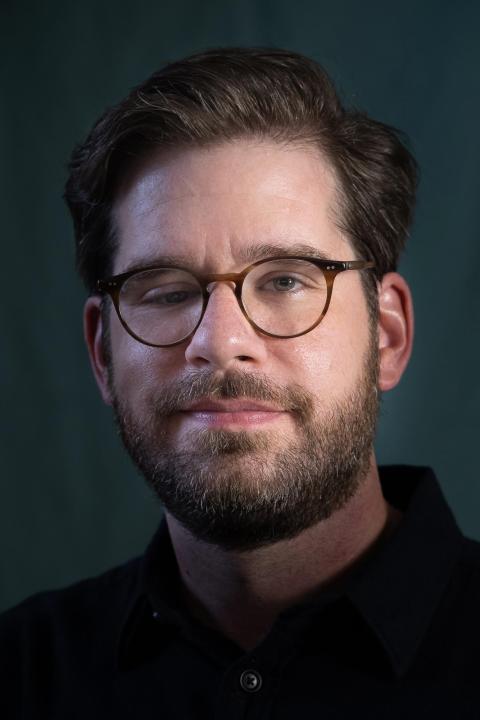
Jeffrey Means
For media inquiries, please contact Media Relations
Jeffrey Means is an American conductor and percussionist with a focus on contemporary music. His wide-ranging career has included engagements across North America and Europe, collaborating with some of today’s leading composers and ensembles. Means is the artistic director of Sound Icon, whose performances have been named among the best of the year multiple times by The Boston Globe. He served as the assistant conductor of Spoleto Festival USA for three years and the Lucerne Festival Academy for two years. In these capacities, he assisted Alan Gilbert, Heinz Holliger, Susanna Mälkki, Matthias Pintscher, John Kennedy, and others. He has conducted at festivals in France, Italy, Switzerland, Argentina, Canada, Finland, and Australia. Ensembles Means has led include the Talea Ensemble, International Contemporary Ensemble, Da Capo Chamber Players, Mimesis Ensemble, Dinosaur Annex, The East Coast Contemporary Ensemble, and many others. He is currently a professor of conducting at Berklee College of Music. In addition to his performance activities, Means is an active producer and engineer of fine recordings of all types of classical music.
- Recipient of 2008 Gunther Schuller Medal
